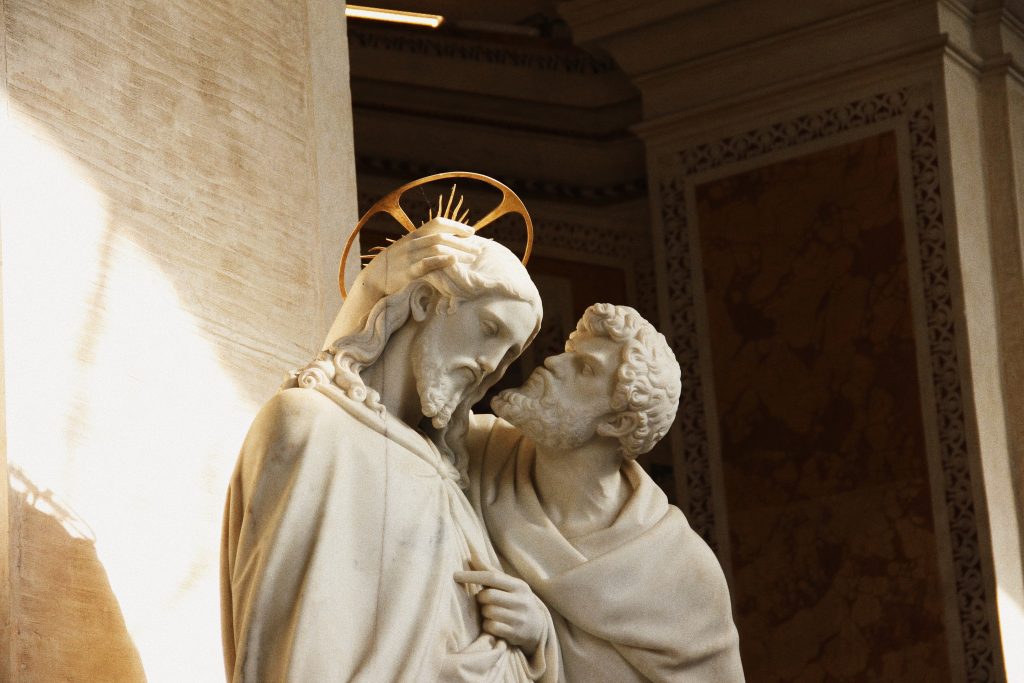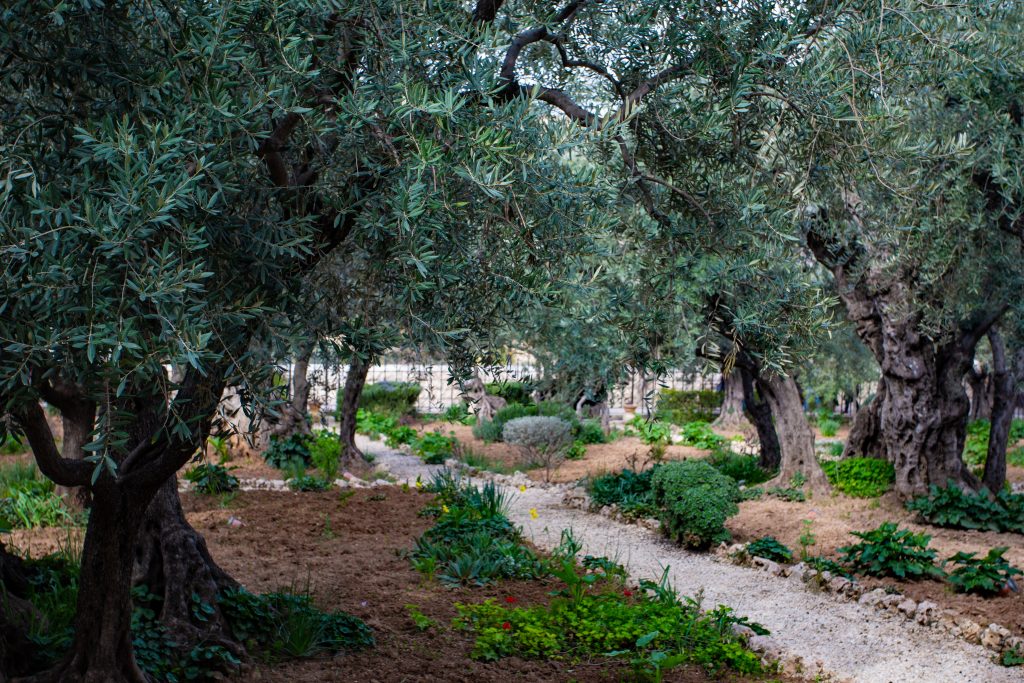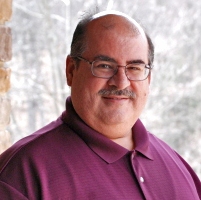By Noel Santiago
Mark 14:43-45: And immediately, even as Jesus said this, Judas, one of the twelve disciples, arrived with a crowd of men armed with swords and clubs. They had been sent by the leading priests, the teachers of religious law, and the elders. The traitor, Judas, had given them a prearranged signal: “You will know which one to arrest when I greet him with a kiss. Then you can take him away under guard.” As soon as they arrived, Judas walked up to Jesus. “Rabbi!” he exclaimed and gave him the kiss (NLT).
Can you recall any hurtful moments in your life? Have any of those moments included a betrayal? Jesus can identify with you.

In this text we see a close friend, disciple, and follower of Jesus betraying him. Earlier that day they shared a meal together and Jesus broke bread with Judas. Now Judas goes out and implements the plan he had already put in place and would receive payment for, prior to breaking bread with Jesus. This was no accident!
This plan for betrayal called for a special signal to be used to identify the one who is to be arrested. What is the signal? A kiss. Judas had earlier informed the soldiers and temple police, “You will know which one to arrest when I greet him with a kiss. Then you can take him away under guard.”
The kiss was not just a greeting of friendship, but a symbol of deep love, affection, obligation, covenant, and relationship. Giving this kind of kiss was a powerful symbol to everyone who saw it. Strangers would never greet each other with a kiss, for it was a greeting reserved only for the most special of relationships.
It was this kiss, however, that was used as a signal to let the troops know they needed to move quickly to make their arrest. It would be the kiss that initiated the process leading to Jesus’ death.
Betrayal is not first about what happens to us, it’s first about what’s in us! Betrayal causes hurt, pain, and anger. Our first response tends to be centered around these feelings. This is not necessarily bad – it’s human.

One reason for this is that we have expectations of ourselves and others. We somehow see these expectations as a sort of “contract” that has been made with life and others. When those expectations are not met or are even opposed, we suffer. What’s even more difficult is the realization that our imagination of God’s protection rarely includes the notion of suffering, pain, or anguish, let alone betrayal. It’s our response to these expectations that is the greater matter.
The more love and hope we have invested in others, the deeper the pain of betrayal is. If it happens at a personal level, we wonder if we will ever trust again. Our heart does “break.” It is at those crossroad moments when the breaking can forever close us down, or—sometimes just the opposite—it can open us up to an enlargement of heart and soul.
Jesus chose this second path through which he overcame death and the grave and brought forth a renewed invitation to all humanity to be reconciled with God and others. It’s a daring journey that invites us to be healed and to help heal; to be renewed and to renew what is broken in our beautiful world. It’s in the very act of a deep betrayal by a loved one that God in Christ transforms what was meant for death into new life!
What can be “good” about Good Friday? It’s when God’s life-giving purposes in Christ were set into motion. What good can come from the pain and hurt we experience from others? If we open ourselves to forgive and allow God to transform our pain and hurt into greater Christlikeness, then we too may experience the renewing life-giving resurrection power of Jesus in our lives.

Noel Santiago
Noel Santiago is the Leadership Minister for Missional Transformation for Mosaic Conference.
The opinions expressed in articles posted on Mosaic’s website are those of the author and may not reflect the official policy of Mosaic Conference. Mosaic is a large conference, crossing ethnicities, geographies, generations, theologies, and politics. Each person can only speak for themselves; no one can represent “the conference.” May God give us the grace to hear what the Spirit is speaking to us through people with whom we disagree and the humility and courage to love one another even when those disagreements can’t be bridged.
This post is also available in: Español (Spanish)
This post is also available in: Español (Spanish)
